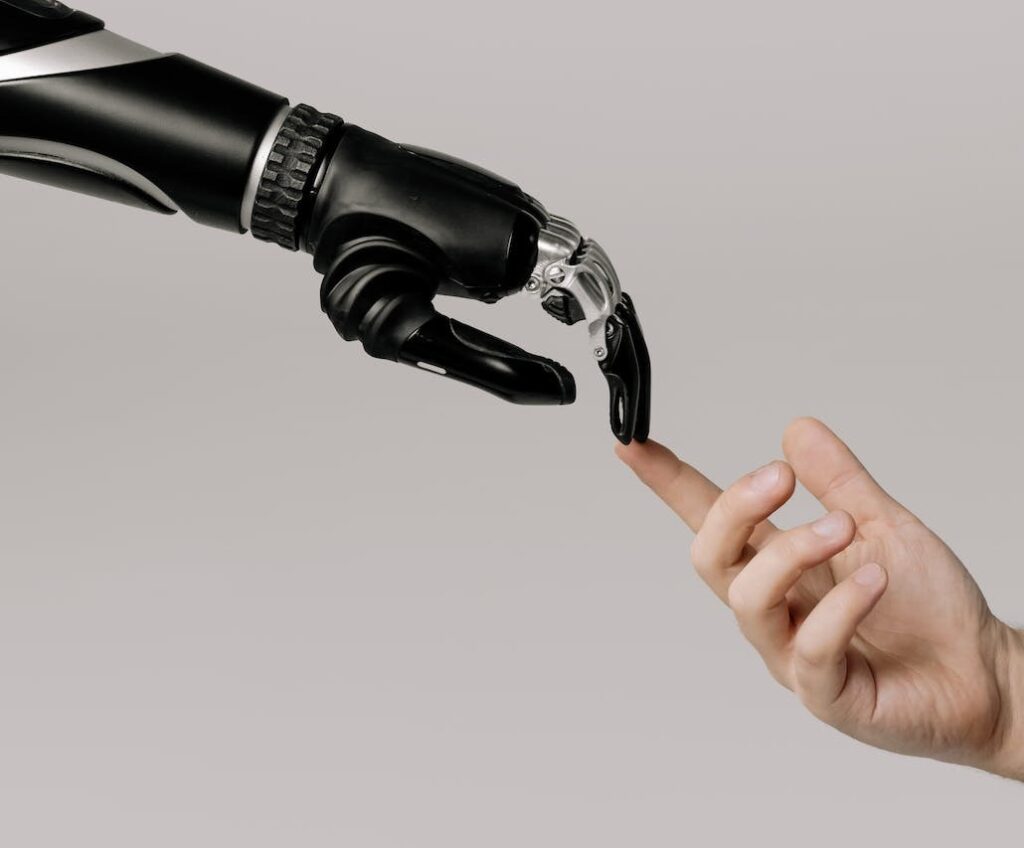Striking a Balance
In the blink of an eve, Artificial Intelligence (Al) has transformed from a mere concept into an omnipresent force shaping our lives. Here’s what we need to consider as we enter this new era of business.
Staying sharp
Human nature tends to gravitate towards simplicity and ease, so it is natural to consider automating aspects of our lives where efficiencies can be gained. AI, in various forms, has been a part of our lives for years. Whether guiding us on the roads, suggesting our next binge-worthy Netflix series, or enhancing security of our personal devices through facial recognition, the use of AI is already very much part of modern living. but scarcely has it found itself in conversation as much as it has now, since OpenAI’s ChatGPT put generative AI in the spotlight, capturing the attention of those who might have previously overlooked it’s relevance.
Experts affirm that the widespread adoption of generative AI in the workplace will compel employees to embrace and integrate this technology into their daily routine.
However, just as we rely on navigation apps like Google Maps to navigate unfamiliar terrain without truly comprehending the routes, there is the risk that AI might potentially erode our drive to learn and understand things we once considered essential. Instead of blindly following AI, we should question, adapt, and evolve.

Man vs machine
While some eagerly embrace this technological frontier, others wrestle with a sense of apprehension. The shadow of job displacement looms over discussions about the role of AI in the workplace. And these concerns are justified, as data suggests that AI will indeed reshape the job landscape, impacting as significant array of professions.
However, history reminds us that change is the only constant, with 60% of jobs today having not existed in the industrial landscape of 1940. Industrialisation and automation gave birth to entirely new industries, providing hope that emerging data may signal the rise of fresh positions and even new career paths.
It is true that AI exhibits remarkable effectiveness in performing many tasks currently executed by humans, but AI is found wanting in the most quintessential human quality – compassion. The human touch, empathy, and ethical judgement remain essential elements that no algorithm can fully replicate.
To read more click the button below and go to page 76.

